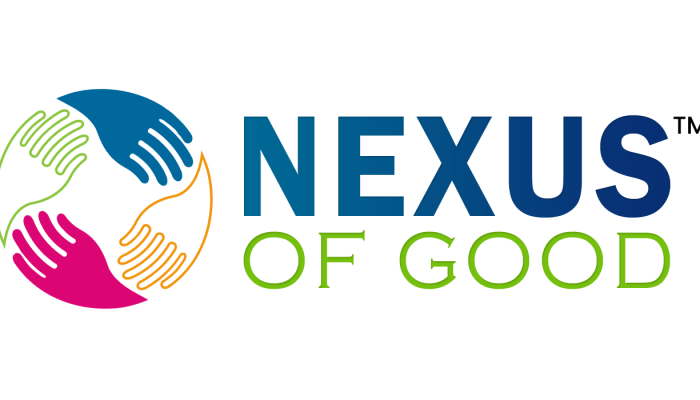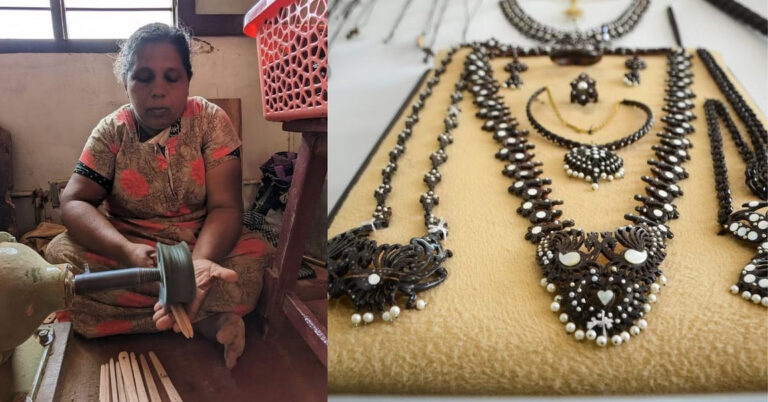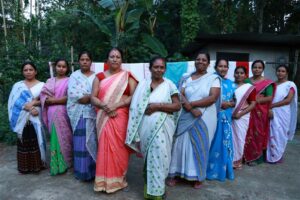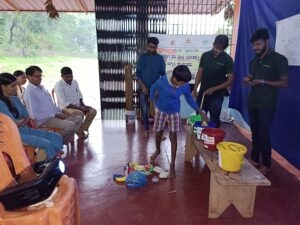In 2014 when her husband died, Kanyakumari’s Arokia Anet was left in despair and had two children to raise by herself. To make ends meet, she started working as a construction labourer at a daily wage of Rs 100. Often without fixed work and income, the 48-year-old widow would sell idlis and dosa platters on street corners.
“I had a huge financial crisis in front of me,” she tells The Better India, adding that this situation went on for five years.
In 2019, with the help of a Church priest, she first heard about S Jeya Cruz, who was hiring workers for his handicraft company that transforms coconut shells into eco-friendly products. Without any experience, she was trained for the skill and today is able to earn fixed monthly earnings of Rs 4,000.
“I am able to earn a comparatively better income and raise my children in better conditions. My elder daughter is pursuing a bachelor’s degree in literature and my son is studying in Class 10. I hope they have a better future,” she adds.
Like Arokia, 25 women from low-income groups living in coastal communities in Tamil Nadu are being empowered by Jeya, who has been training them for the past decade. Together, they carve products such as hair clips, earrings, necklaces, intricate jewellery boxes, soup bowls, tea cups, juice cups, pickle jars, and spoons, from coconut shells.
Widely known for its picturesque sunrise and sunset, the coastal town of Kanyakumari is also famous for its variety of sea shells and products made of coconut shells. “For 2,000 years, people here have been dependent on coconut shells for their livelihood. The variety is good in thickness, colour, and shine. With our small business, we are also working to promote and revive the age-old practice,” he says.
“Today, people use glass, brass, and plastic cups to serve food. They remain ignorant of the benefits of coconut shell products. For ages, agapai (a spoon made from coconut shell) has been used to serve food. It prevents the spoilage of the food and retains the taste,” he claims.
After collecting the coconut shells, the team slits them at the centre. The upper part with three spots is used for designing jewellery items because of its thickness, while the lower part with lesser thickness is used to design kitchenware. The shells are then polished in a traditional way without using artificial paints, and designs are carved and engraved. The leftover waste from making kitchenware is used to make small jewellery items also, says Jeya.
For his work, Jeya says he has received many awards, including the 2000 Utility Award and 2014 Kalai Chemmal Award from the Tamil Nadu government, the 2006 Kalashri Award from the Haryana government and the national award for Best Master Craftsman Award 2016 by the Union Ministry of Agriculture.






One Response
Can you please also leave the contact details of the artisan? Thank you